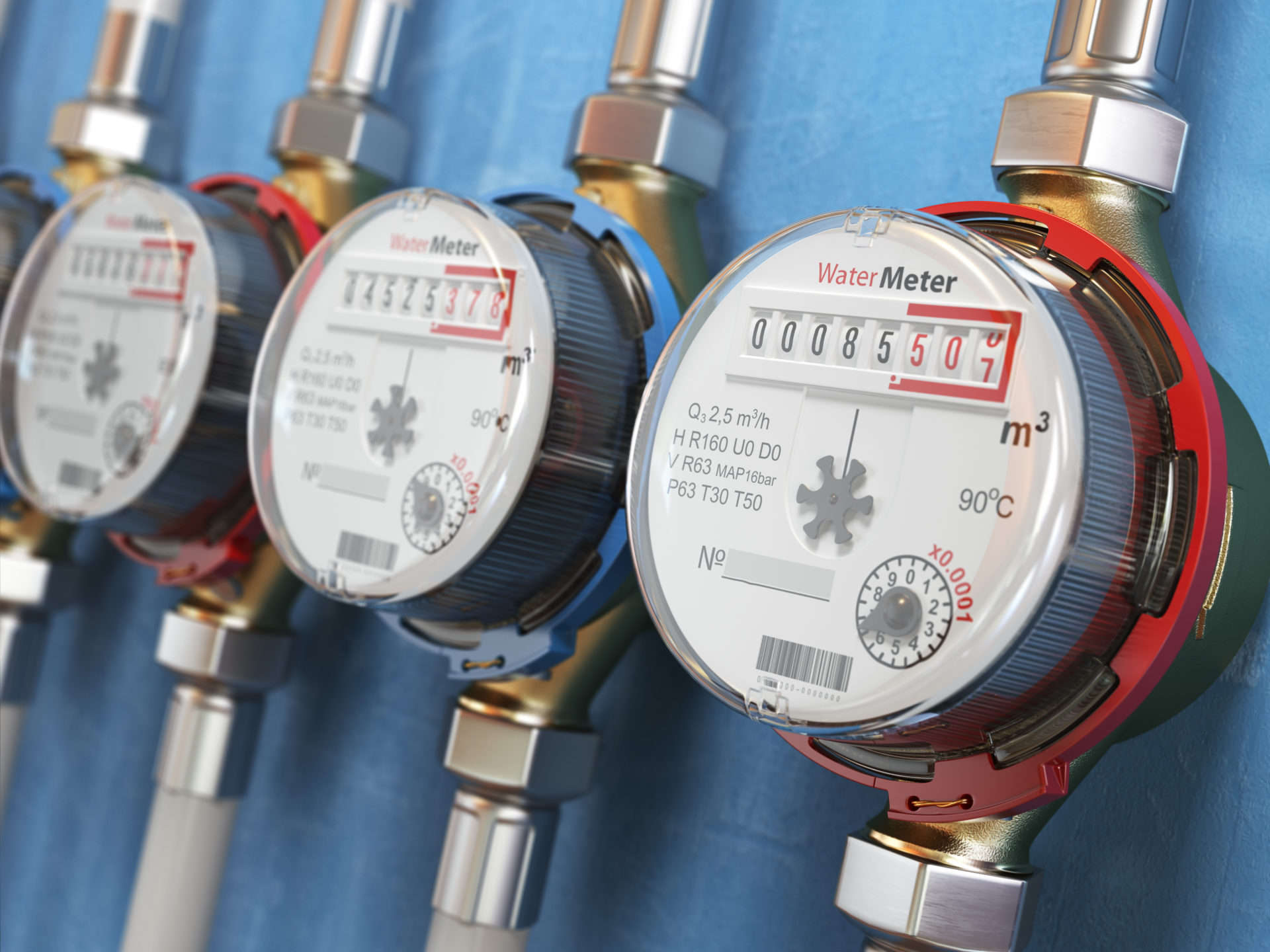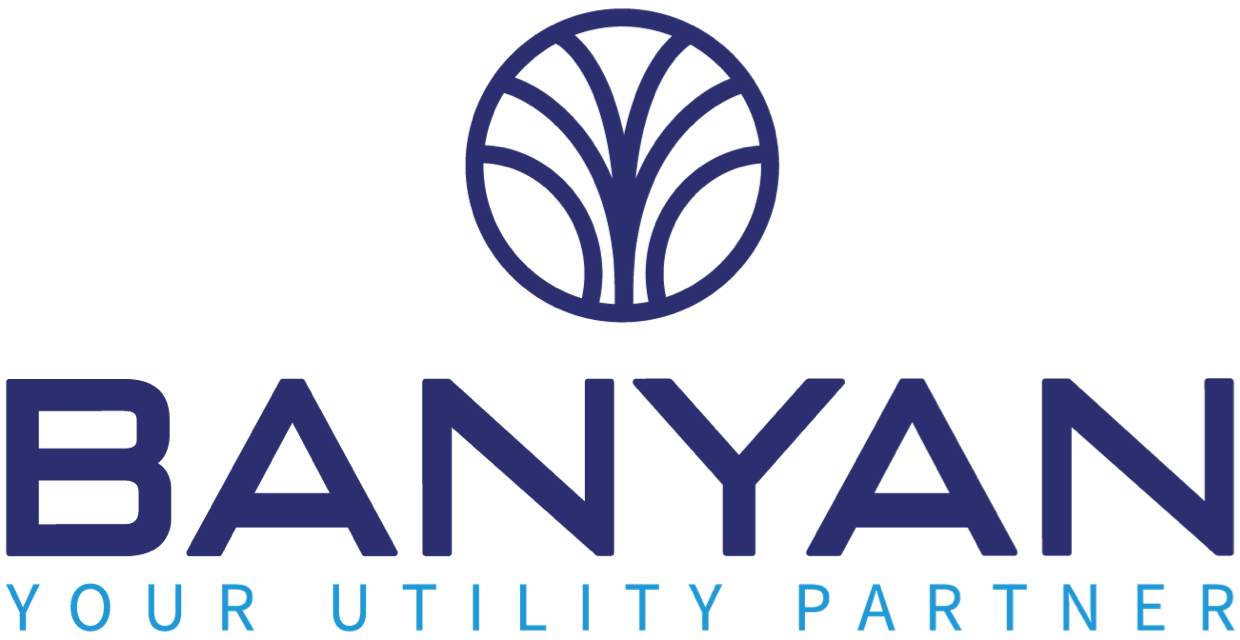
Doing Utility Billback The Right Way
Let’s say you have a multifamily property and one water meter for the building. Residents pay their own gas and electric, but you pay the water bill and have always just factored water in when you calculate your rental rates.
The water bill keeps getting higher, but you don’t know why. You drive by the property checking for more cars, as an indication of more residents in the unit. Things look normal.
This water bill is cutting into your net operating income, month after month. You think about raising the rent to cover it, and you think about installing individual water meters (submeters) so each resident has to pay their share of the water. You think about just taking on a flat rate fee or water, hoping that people conserve. At this point, it’s time to do some math.
Which option is better?
Here are the considerations:
Raising the rent is almost always a one-time occurrence during the term of a lease, and you have to determine if you’re competitive with a rent increase. You have to look at how other properties in your area handle rent and utilities.
For example, in Texas where I live, just about everything is a la carte. Residents who are rent-savvy will ask all the questions about what is included and what is extra, so you must know your competition.
With flat-rate water billing, you could have legal issues if there is an accusation that you’re profiting on water.
Increasing rent and flat-rate billing do nothing to encourage conservation so the water bill will continue to spike.
You call your local water company and ask if they can submeter. They can, but the price is prohibitive, and you’ll be in the queue behind a lot of other property owners.
It is better, faster, and cheaper to choose a submetering specialist to design, install, and maintain your submetering system. You will have more control over the type and quality of meters used and billing options than what your local utility company provides.
More states and municipalities are requiring the installation of submeters for utility conservation, so check the regulations in your area to see if a mandate is planned.
You benefit in several ways:
- Residents pay their fair share of water bills.
- Leaks will be reported faster if the resident pays the bill, potentially avoiding property damage.
- Your billing partner may have the ability to monitor your meters and notify you of any abnormalities in consumption, effectively providing an early warning system in the event of a leak.
- Avoiding unnecessary rent increases makes you look more competitive than a property that absorbs the water bill or does flat-rate billing.
- Residents will naturally conserve water in order to keep their bills down.
- Your property will be valued higher than competing properties without individual meters.
- Your net operating income is higher, every single month.
If it seems overwhelming, you don’t need to do all this research and analysis yourself. Request a no-obligation utility audit and we’ll tell you what the regulations are in your area, good meter options for you, the installation costs, your ROI for the installation, and how much more net operating income you can expect.
